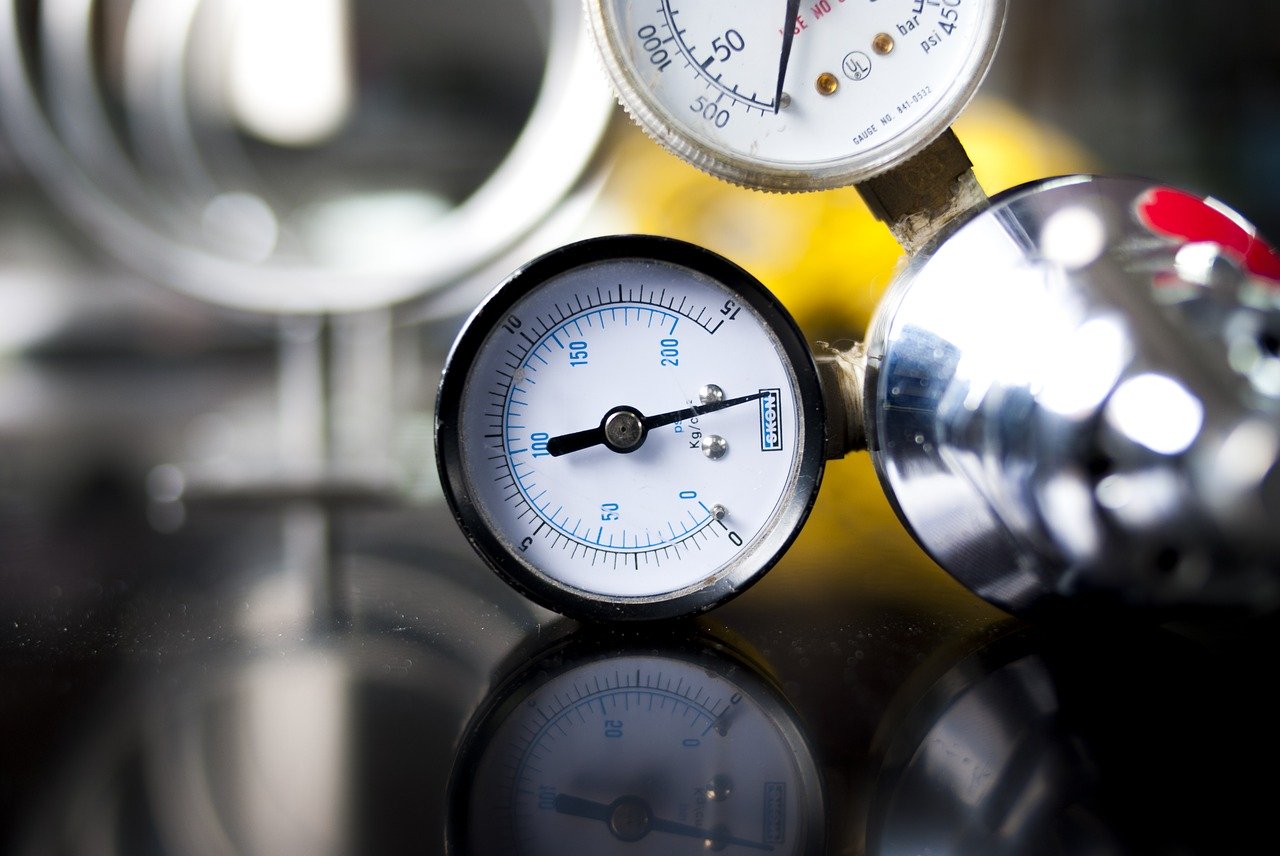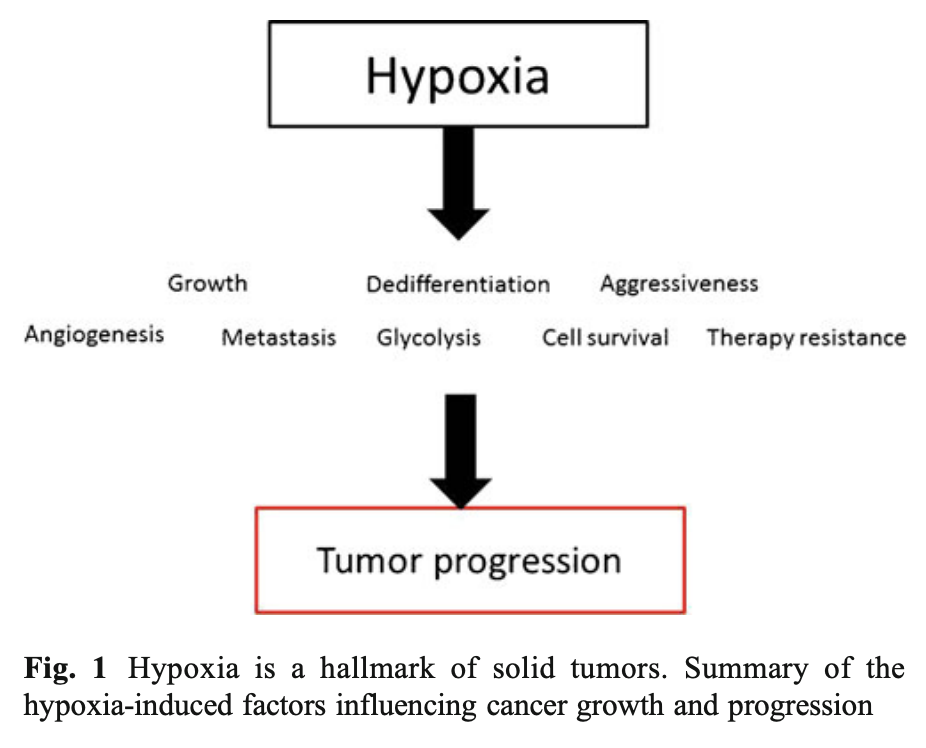Marisa Soski, ND, MS
One of the hallmarks of solid tumors/cancers is a low oxygen cellular environment, scientifically called hypoxia. (Hypo = low, oxia = oxygen) Hypoxia typically causes cell death, such as in the case of a stroke or pulmonary embolism, but cancer cells have adapted to survive and thrive in these situations. Some of the concerning effects of hypoxia in relation to cancer include:
- Angiogenesis – the formation of new blood vessels to bring nutrients to the tumor
- Alterations in metabolism – increase in glucose utilization and upregulation of genes involved in cell survival
- Increase genetic instability – activate invasive growth and preserve the undifferentiated cell state
- Resistance to chemotherapy and radiation
- Promotes metastasis
Because of these concerns, oxygenation therapy can play a helpful role in overcoming a hypoxic cellular environment. One such therapy is Hyperbaric Oxygen Therapy (HBOT), which is the administration of 100% oxygen at higher than normal atmospheric pressure. HBOT treatments increase the amount of dissolved oxygen in the blood, therefore increasing oxygen delivery to the tumor environment and reducing hypoxia. These therapies are commonly used to treat traumatic brain injury patients and are continuing to gain popularity as an adjunctive cancer therapy. Some of the benefits it may provide include:
- Triggering of cellular pathways related to cell death
- Inhibition of cellular division
- Antiangiogenic effect (prevention of the formation of new blood vessels)
- Improved response to chemotherapy (data is preliminary)
- Improved response to radiation
- Improved healing post-radiation
- Recovery from brain damage
- Synergy with other natural therapies
HBOT is very safe and complications are extremely rare. There are several chemotherapies that may be contraindicated or at least need to be used with caution when combined with HBOT due to increased toxicity, including doxorubicin, bleomycin, disulfiram, cisplatin, and mafenide acetate. Additionally, proceed with caution or do not do HBOT if you have COPD or other lung condition. Other oxygen promoting activities and therapies include deep breathing, exercise, and yoga.


DOI 10.1007/s11523-012-0233-x
DISCLAIMER: These statements have not been evaluated by the Food and Drug Administration. There are no financial ties to any supplement companies, pharmaceutical companies, or to any of the products mentioned in this post. This post is not meant to treat, cure, prevent, or diagnose conditions or diseases and is meant for educational purposes. As always, please consult your doctor before trying any new treatments or supplements.

